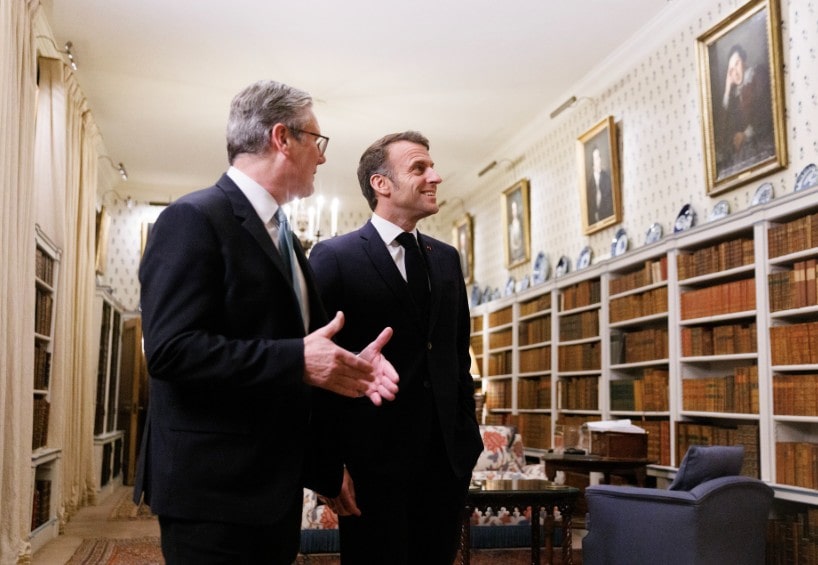In a significant step for European defence cooperation, UK and France Launch a new joint framework aimed at aligning their nuclear deterrence capabilities—both at sea and in the air. The announcement came during high-level defence talks held in London, marking a renewed military partnership between the two nuclear-armed allies.
The initiative will see both nations synchronising their submarine-based operations and air-launched deterrents, sharing early-warning systems, and engaging in joint drills. The goal? To deliver a tougher, more unified front within NATO’s strategic defences.
“This initiative will strengthen our ability to ensure a stable deterrent posture and protect our populations,” said the British defence secretary.
The framework builds on the long-standing 2010 Lancaster House treaties. But this time, it goes further. It sets up joint planning teams and regular meetings at the ministerial level.
The aim is to boost operational coordination between the UK’s Vanguard-class submarines and France’s Triomphant-class fleet. There’s also a focus on integrating future aerial strike capabilities, including the RAF’s F-35As and France’s ASMP-A missile systems.
The French minister added that enhanced interoperability and shared situational awareness are essential to respond swiftly to any major escalation.
In simpler terms, they want their forces to think and act together if the pressure mounts.
Defence analysts are calling it a potential turning point. By merging key elements of their nuclear postures, London and Paris are not only reinforcing NATO—they’re also sending a clear message. This is Europe stepping up.
It comes at a time of growing anxiety. Russia’s nuclear arsenal is growing. And across the Atlantic, doubts persist about the consistency of future US support.
French President Emmanuel Macron has, for years, pushed the idea of a wider European nuclear shield—one that goes beyond France alone. Now, with this formal UK-France coordination, that vision seems more within reach.
Meanwhile, tensions in Europe remain high. Only recently, the EU’s 18th sanctions package against Russia hit a roadblock after Slovakia vetoed the move. Diplomats are frustrated. But for London and Paris, the message is clear: when Europe’s political gears grind slowly, defence must keep moving forward.
This nuclear partnership doesn’t just reflect military alignment—it signals a political choice. A choice to lead. To protect. To prepare. Together.






